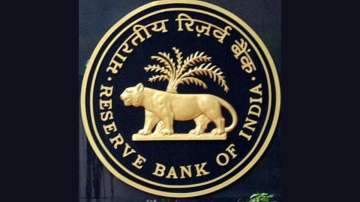The Reserve Bank of India (RBI) has imposed restrictions on five cooperative banks due to their declining financial status. The RBI has stated that these restrictions will be in place for six months. The restrictions include prohibiting banks from granting loans, making investments, incurring liabilities, and transferring or disposing of any of their properties without prior approval from the RBI. Additionally, customers of HCBL Co-operative Bank, Lucknow; Adarsh Mahila Nagari Sahakari Bank Maryadit, Aurangabad; and Shimsha Sahakara Bank Niyamitha, Maddur, Mandya District in Karnataka cannot withdraw funds from their accounts due to their current liquidity position.
ALSO READ: Want to retire early? Here are some investment tips that will help you plan better
On the other hand, customers of Uravakonda Co-operative Town Bank, Uravakonda, (Anantapur District, Andhra Pradesh) and Shankarrao Mohite Patil Sahakari Bank, Akluj (Maharashtra) are allowed to withdraw up to Rs 5,000. Furthermore, eligible depositors of all five cooperative banks will receive a deposit insurance claim amount of up to Rs 5 lakh from the Deposit Insurance and Credit Guarantee Corporation.
ALSO READ: Air India to hire more than 5000 cabin crew in 2023 - Details
Indian cooperative banks are financial institutions that are owned and managed by their members who are also their customers. These banks have a unique business model that aims to provide financial services to rural and semi-urban areas. Cooperative banks play a crucial role in promoting financial inclusion in India, especially in areas where traditional banks have limited reach. These banks offer a range of services, including deposits, loans, and other financial services, at competitive rates. However, cooperative banks in India have been facing challenges related to governance, regulation, and financial stability, and the Reserve Bank of India has been taking steps to address these issues.
FAQs:
Q1: What is a cooperative bank in India?
A cooperative bank in India is a financial institution that is owned and managed by its members who are also its customers. It aims to provide financial services to rural and semi-urban areas.
Q2: What is the Deposit Insurance and Credit Guarantee Corporation?
The Deposit Insurance and Credit Guarantee Corporation is a subsidiary of the Reserve Bank of India that provides insurance coverage to depositors in case a bank fails to repay their deposits.
Latest India News
